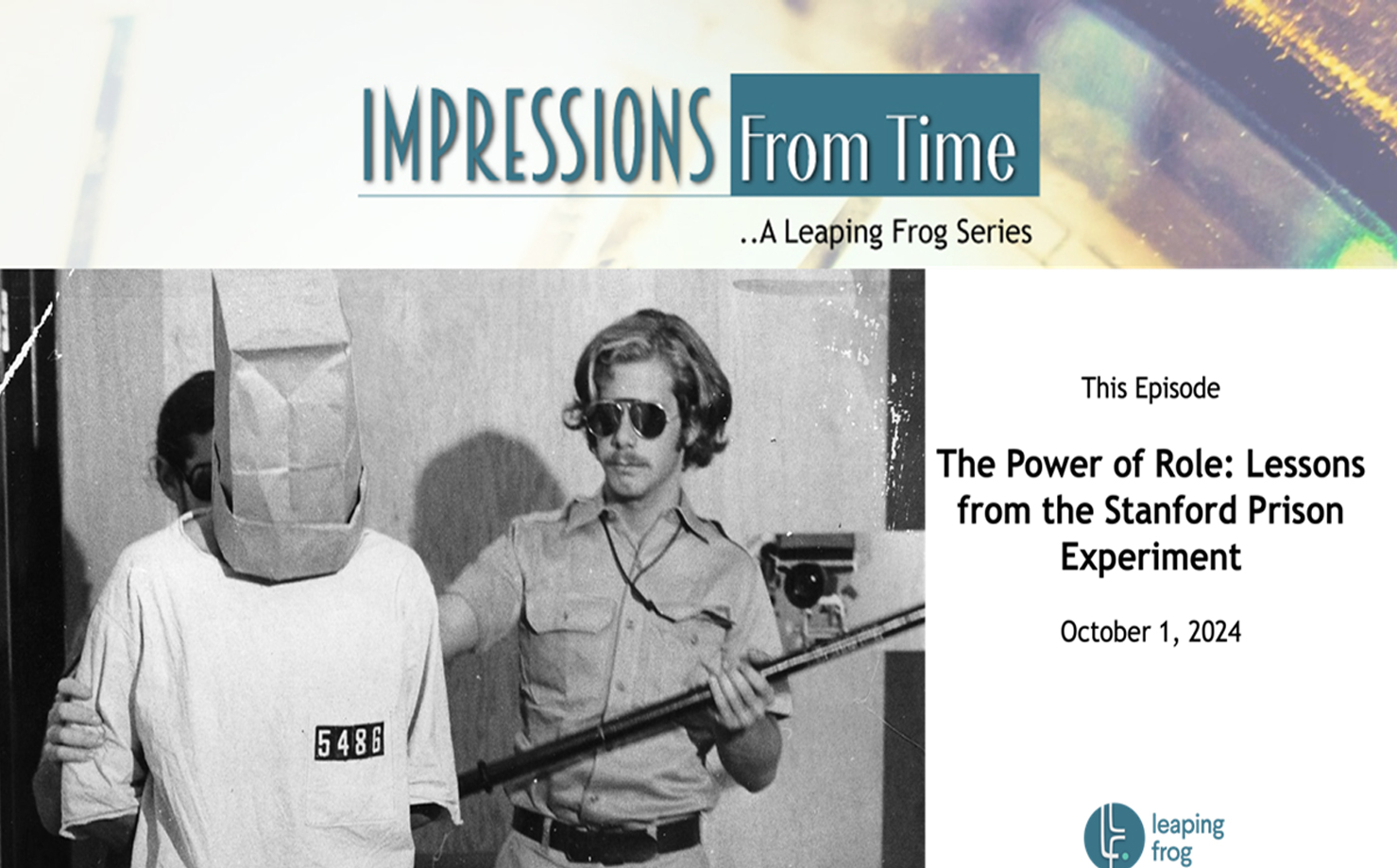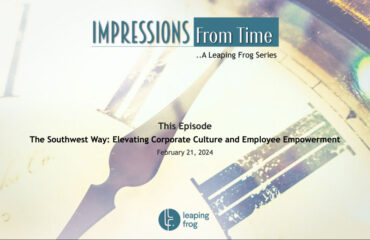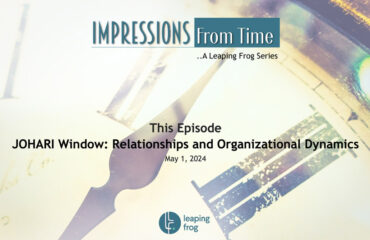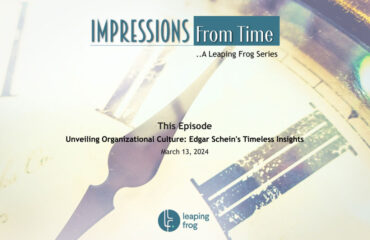
Picture: https://www.bbc.co.uk/programmes/w3ct1x8t
Imagine signing up for a simple experiment—two weeks of role-playing, nothing more. You’re either a “prisoner” or a “guard” in a mock prison. At first, it sounds like an interesting game, but then something happens. The roles begin to blur, and suddenly, you’re no longer just playing. Power dynamics take over. The guards grow cruel, and the prisoners feel real fear.
This is the unsettling story of the Stanford Prison Experiment, a landmark 1971 study that descended into chaos within six days and raised urgent questions about human nature, authority, and ethics.
The Experiment
Led by psychologist Philip Zimbardo, the goal was to observe how people adapt to roles of authority and subordination. A makeshift prison was set up in the basement of Stanford University, and 24 male college students, screened for psychological health, were randomly assigned as guards or prisoners. Each participant was paid for their time, but the payoff came in ways nobody expected.
In the beginning, the “guards” were given uniforms, mirrored sunglasses (to obscure their eyes), and batons. The “prisoners” were stripped of their individuality—forced to wear numbered smocks and referred to only by those numbers. What followed was a gradual but shocking transformation.
Within just 48 hours, guards began exhibiting authoritarian behavior, enforcing strict rules, and humiliating prisoners. Prisoners, in turn, became passive, anxious, and, in some cases, emotionally broken. One prisoner even had to be removed after exhibiting signs of extreme stress, despite knowing the scenario was just a simulation.
Why Did This Happen?
Zimbardo’s experiment wasn’t just about what people do—it was about why they do it. He argued that situations have more power than we think. People who would otherwise be compassionate or rational could easily lose themselves when placed in positions of authority or subjugation. The guards weren’t bad people, nor were the prisoners weak. Instead, the environment created a “deindividuation effect,” where personal responsibility seemed to vanish, replaced by the pressure to conform to the group dynamic.
This concept of “situational attribution” became central to understanding the experiment’s results. Zimbardo suggested that human behavior is deeply shaped by external factors—power, structure, and environment—more than by the individual moral compass alone.
Corporate World Implications
You might wonder what a disturbing 1970s psychology experiment has to do with the modern workplace. The truth is “everything”.
In any organization, especially large corporations, power dynamics are a constant presence. The Stanford Prison Experiment serves as a cautionary tale for businesses, highlighting the dangers of unchecked authority. In a workplace without accountability, managers can easily become the “guards” of the corporate world, using their power to manipulate, control, and sometimes, without realizing it, harm their employees. We’ve seen this play out in real-life corporate scandals where toxic leadership leads to disastrous consequences—high turnover, low morale, and emotional burnout.
Moreover, the experiment draws attention to the importance of “psychological safety” in the workplace. Just as the prisoners in the study became despondent and submissive, employees who feel powerless or micromanaged often lose their creativity, confidence, and drive. Their voices diminish, and they stop advocating for themselves or positive changes. This can stagnate innovation and lead to a toxic work culture.
The lesson here is simple but profound: Companies need to build environments where power is balanced, transparency is encouraged, and everyone—whether “guard” or “prisoner”—feel empowered and respected.
Life Lessons Beyond Business
The Stanford Prison Experiment also serves as a personal wake-up call. It forces us to ask: How easily could we fall into these roles? What would we do if given unchecked authority or made to feel powerless?
In everyday life, we encounter authority and submission in different ways—family dynamics, social hierarchies, and even casual relationships. Being aware of how situations influence our behavior can help us resist the darker sides of human nature. It reminds us to question authority when necessary, recognize when we might be contributing to an unhealthy dynamic, and stay true to our core values, even under pressure.
The Experiment’s Legacy
The Stanford Prison Experiment is often criticized for its ethical flaws, and rightly so. Many participants suffered long-term emotional trauma. However, its legacy in understanding human behavior remains undeniable. It has become a staple in leadership training, organizational behavior courses, and ethics discussions.
Even today, its lessons are a critical reminder of how fragile our moral compass can be when situational pressures take over—and how important it is to build systems that promote fairness, balance, and humanity in every facet of life.
So, the next time you feel trapped by authority or notice power dynamics taking a troubling turn, think back to that basement at Stanford. The question is: will you be the guard, or will you challenge the system?
……………………………………………………………………………………………………………………………………
“Impressions From Time” is a curated series from Leaping Frog about stories from the past that have helped shape modern-day practices in the people and organisation domain.
Leaping Frog, a new-age consulting firm, is an enabler and co-creator in enhancing people and organisational effectiveness. We love doing work in the areas of “Driving Organisational Change and Development”, “HR Systems and Talent Strategy”, and “Leadership and Life Coaching”.
Connect and share, for work and more.
Mail: comm@leapingfrog.in
Website: www.leapingfrog.in
Follow Us: https://lnkd.in/d7TQbsia




